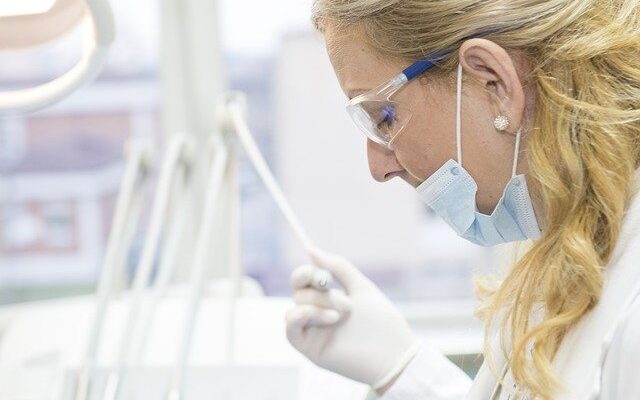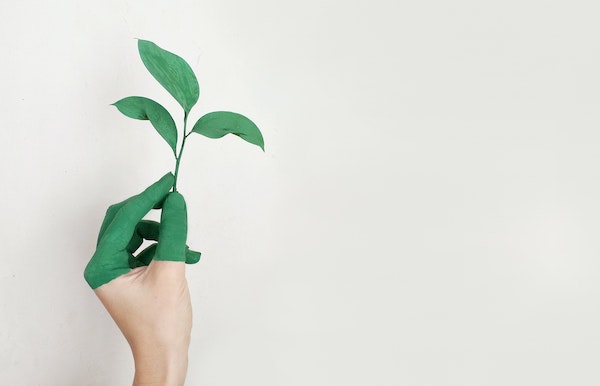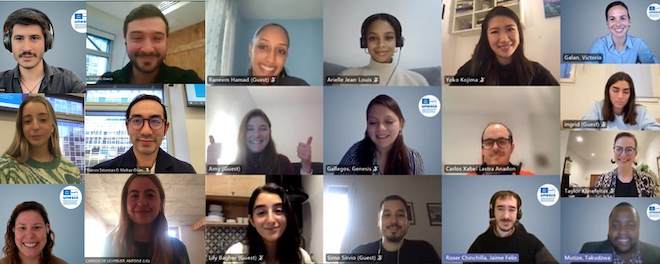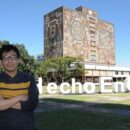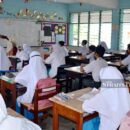Women and girls: Innovation and higher education

In September 2020, the Beijing Declaration and Platform for Action for women’s rights celebrated its 25th anniversary. It was, however, a bittersweet commemoration, mixing joy for the progress in gender equality achieved since 1995, and the stark realization about the multidimensional gaps awaiting tackling and the new divides brought by the social consequences of COVID-19.
In 2021, UNESCO projected that 11 million girls were at risk of not returning to school after the education interruptions caused by the pandemic. Even though the educational disruption accelerated the way into innovative learning practices, including distance and online education, it was not an equal reality for all social groups, since those already marginalized were also overrepresented in the offline population, including girls and women, and especially those living in poverty and rural communities (ECOSOC, 2021).
In 2020, worldwide, 57 percent of women used the Internet, compared with 62 per cent of men (ECOSOC, 2021). In the least developed countries (LDCs), landlocked developing countries (LLDCs), Africa, and the Arab States, the gender gap in internet use remains more significant. For instance, in LDCs, only 19 per cent of women are using the internet, which is 12 percentage points lower than men. Similarly, in Africa, 24 per cent of women use the internet compared to 35 per cent of men, while in the Arab States, the Internet usage rate is 56 per cent, compared to 68 per cent of men.
Girls and women who are kept without access to Internet and digital literacy will not benefit from the technological revolution that is currently transforming all areas of life, most centrally the educational sector and the job markets. Even though innovation and technology for girls and women’s education is undoubtedly a critical topic in the contemporary scenario, we should notice that innovation itself extends beyond the boundaries of the digital world.
To further explore the field of innovation in education, the UNESCO Young People on Transforming Education Project (YPTEP) focuses on innovative learning practices – technological or non-technological tools and techniques – initiated and led by learners themselves for meaningful and transformative engagement in their own educational journeys. One highlight of the project is on understanding the gender-responsive practices from girls and women.
Girls and women worldwide have long been innovative in fighting gender barriers and creating self-initiative and community strategies to accessing learning even when excluded from Internet access and other forms of innovation. A female leader who creates a finance course for mothers, while providing turns of collective care for their children, is innovating in education. A girl who creates a book club with her friends to read and debate publications on feminism is innovating in education. Women in STEM, taking part in research and development groups, although still underrepresented, are innovating in education.
So, here we are – right at the crossroad where education, innovation and gender inequalities meet. Not paying attention to those issues will only aggravate previous gaps, hampering the advancement of all 17 Sustainable Development Goals. To contribute to this debate and pathways for solutions, the UNESCO team of Young People on Transforming Education Project (YPTEP) at UNESCO IESALC will host a Fireside Chat on “Women and girls, innovation, and higher education” on 6 March 2023 to reunite women and girls from different countries and regions and celebrate their success not only to overcome challenges, but also to become changemakers in the field.
During the chat, we will have the opportunity to engage with ten female storytellers who will share their stories on innovative learning and expand our understanding of innovation, creativity, and transformation in education. Stories will approach, in a broader sense, innovative paths in getting access to higher education; innovative learning practices to get through education and achieve learning goals; innovative tools and techniques that have enhanced their experiences as learners both inside and outside the classroom; and studying and working initiatives to design new technology and broader forms of innovation for education.
Participation in the Fireside Chat is also open and expected from all those who wish to share your experiences on innovative learning and higher education. We have organized interactive activities and will have “open chatbox” and “open mic” for anyone who are willing to present yourselves typing and tell your stories live.
Also, please feel invited to send us your story to b.liu@unesco.org to be read out during the Chat.
Register today for the Fireside Chat on “Women and girls, innovation, and higher education” and see you all at 10h00-12h00 Caracas time (-4 GMT) on 6 March 2023.
Authors:
Giulia Ribeiro Barao and Bosen Lily Liu
References
Global Education Monitoring Report Team & UNESCO. (2021). #HerEducationOurFuture: keeping girls in the picture during and after the COVID-19 crisis; the latest facts on gender equality in education [Programme and meeting document, ED/GEM/MRT/2021/FS/G/1/REV.3]. UNESCO.
Retrieved from https://unesdoc.unesco.org/ark:/48223/pf0000375707.
ITU. (2021). The Gender Digital Divide. Retrieved from https://www.itu.int/itu-d/reports/statistics/2021/11/15/the-gender-digital-divide/
United Nations Economic and Social Council. ECOSOC. (2021). Commission for Social Development: Fifty-ninth session. Report of the Secretary-General. Item 3(a) of the provisional agenda: Follow-up to the World Summit for Social Development and the twenty-fourth special session of the General Assembly: Socially just transition towards sustainable development: the role of digital technologies on social development and well-being of all. (E/CN.5/2021/2). UN Women. (2022, December 12).
International Women’s Day 2023: Digital Innovation and Technology for Gender Equality. Retrieved from https://www.unwomen.org/en/news-stories/announcement/2022/12/international-womens-day-2023-digitall-innovation-and-technology-for-gender-equality
RELATED ITEMS
